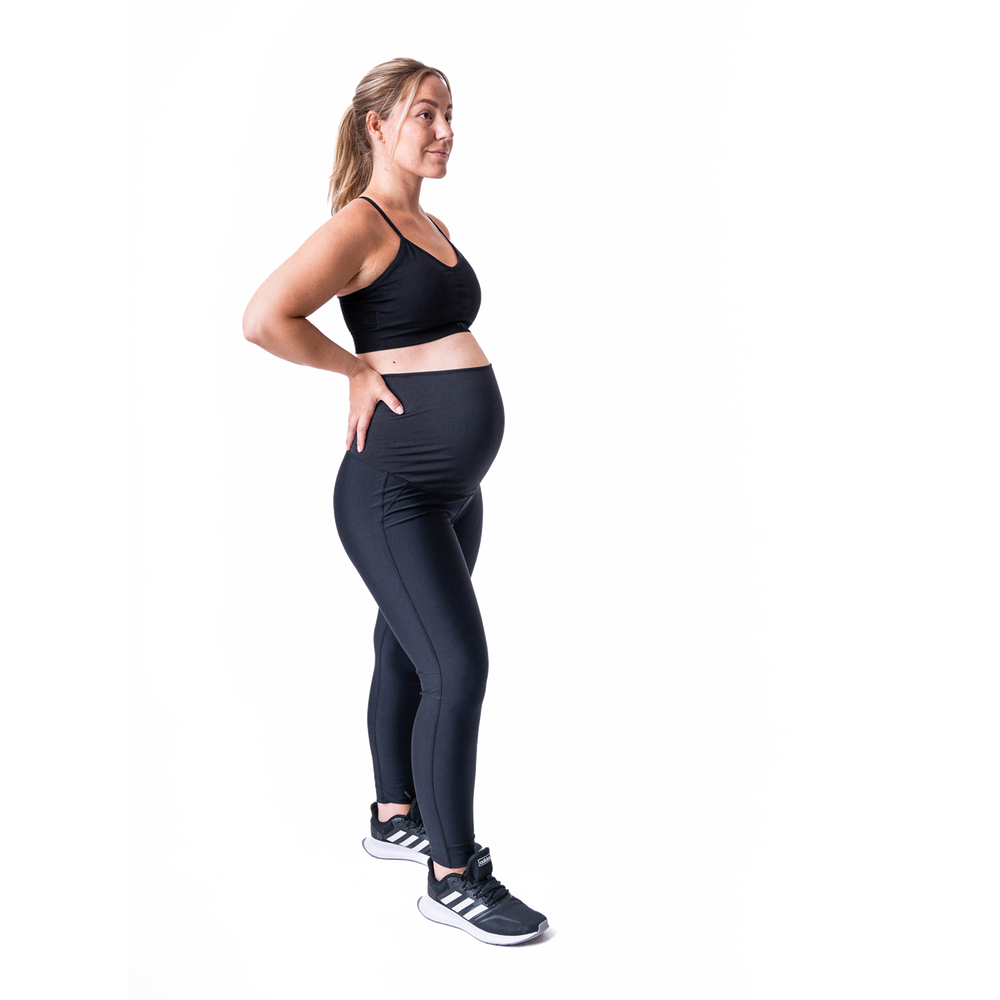
Exercise During Pregnancy: How to Stay Active and Strong
Why Exercise During Pregnancy?
Continuing to exercise during pregnancy, provided you have a normal, uncomplicated pregnancy, can have many positive effects:
- Better cardiovascular health
- Reduced risk of excessive weight gain
- Lower risk of gestational diabetes and high blood pressure
- Stronger muscles that can facilitate delivery
- Faster recovery after childbirth
- Improved mental health and reduced risk of depression
Adapt Your Workout to Each Trimester
Throughout your pregnancy, your body will undergo many changes. Therefore, it's important to listen to your body's signals and adapt your workout according to how you feel and how far along you are.
First Trimester (Weeks 1-12)
In the early stages of pregnancy, you can often continue with your regular workout, but be aware of potential nausea and fatigue. If you haven't been exercising regularly before pregnancy, start gently with walks and light strength training.
Second Trimester (Weeks 13-28)
During the second trimester, many pregnant women feel their best and have the most energy. This is a good time to focus on strength training for the core, back, and pelvic floor. Avoid lying exercises on your back after week 16, as the uterus can put pressure on the major blood vessels.
Third Trimester (Weeks 29-40)
Towards the end of pregnancy, it can become more challenging to exercise due to increased fatigue, back pain, and a growing belly. Focus on lighter activities like walking, swimming, and prenatal yoga. Avoid exercises with a high risk of injury or where you risk losing your balance.
Beneficial Exercises During Pregnancy
- Walking - a simple and effective form of exercise suitable for most pregnant women
- Swimming - takes the strain off the body and provides good cardiovascular training
- Prenatal yoga - strengthens and stretches muscles, improves posture, and reduces stress
- Pelvic floor exercises - important for preventing incontinence and facilitating delivery
- Light strength training - use your body weight or light weights to maintain muscle strength
Important Considerations
- Listen to your body's signals and don't exercise to exhaustion
- Avoid high-risk exercises, such as contact sports or downhill skiing
- Drink plenty of water and eat regularly to maintain stable blood sugar levels
- Wear supportive workout clothes, such as a good sports bra and maternity tights
- Stop exercising if you experience dizziness, chest pain, or vaginal bleeding
- Consult your midwife or doctor if you're unsure about what exercise is appropriate for you
Find Your Own Path to an Active Pregnancy
Remember that every pregnancy is unique, and the most important thing is to listen to your own body. By finding exercise forms you enjoy and adjusting the intensity according to how you feel each day, you can stay active and strong throughout your pregnancy. A well-trained body is not only an investment in your own health but also a wonderful gift to the little life growing inside you. So lace up your shoes, fill your water bottle, and embark on your own journey towards a more energetic, happier, and stronger pregnancy!













